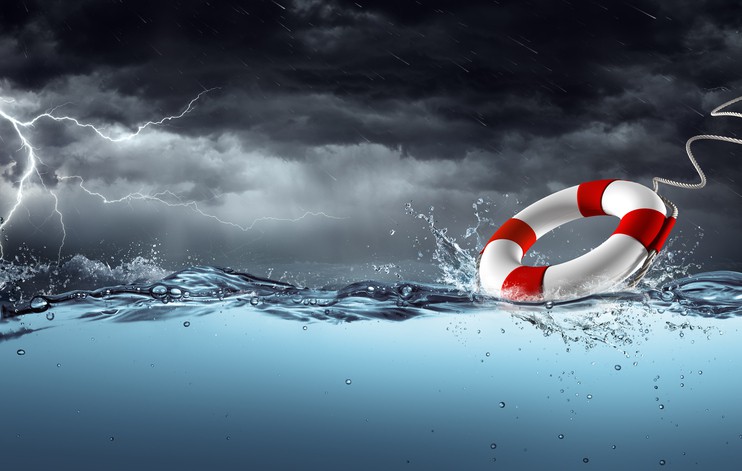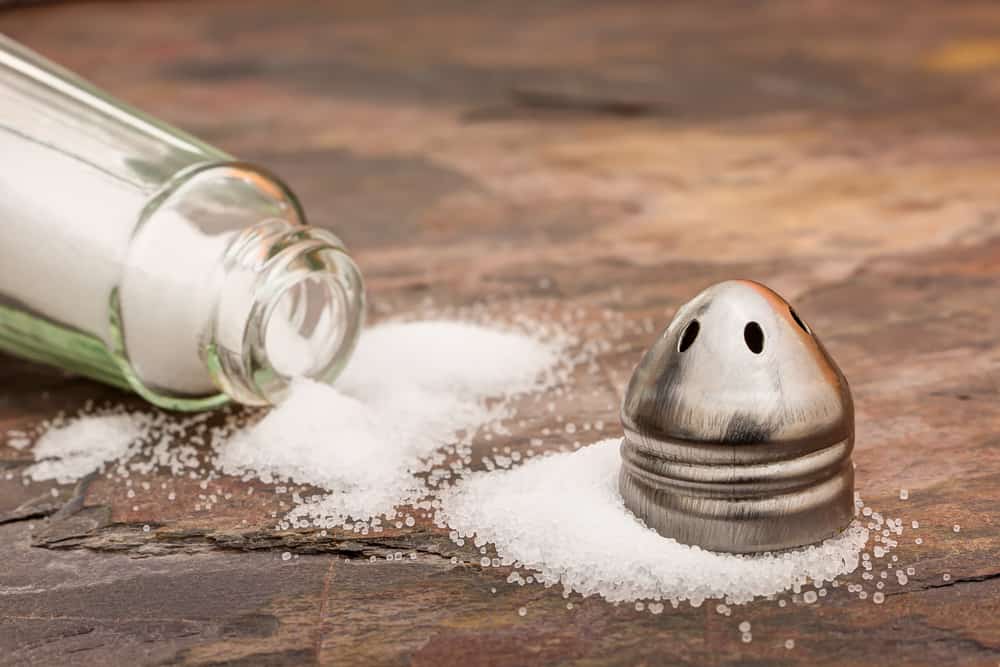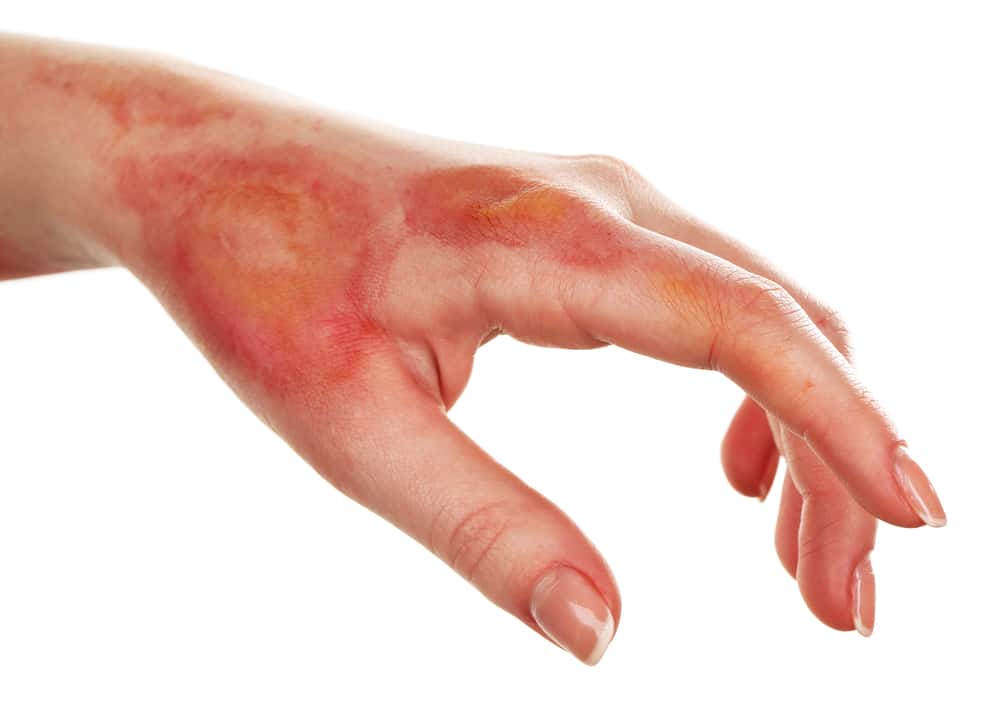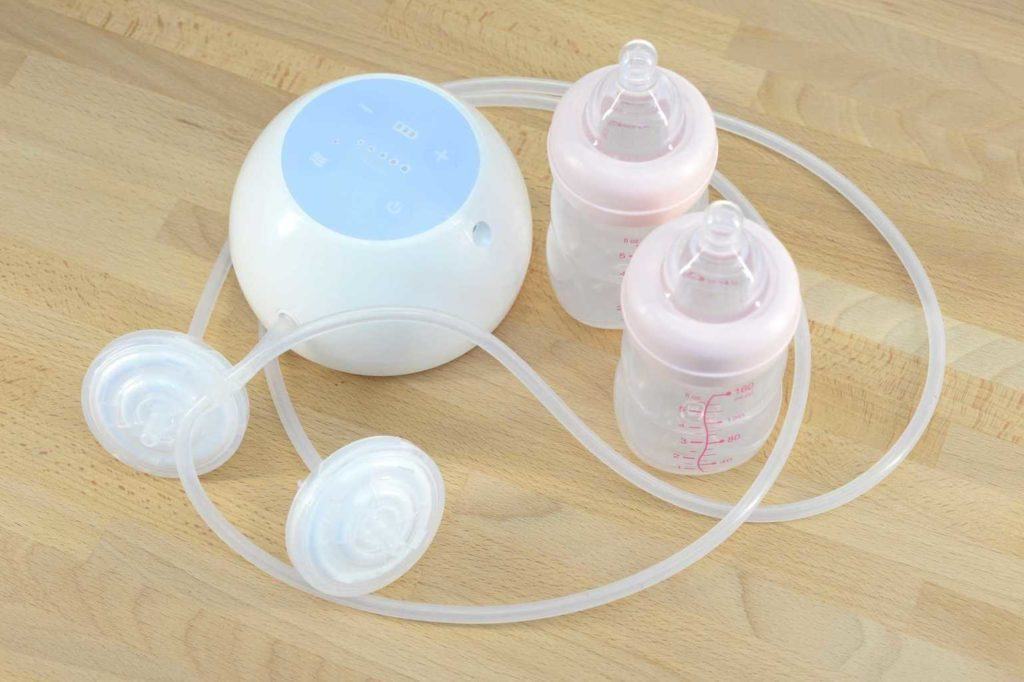Contents:
- Medical Video: 8 GREAT TIPS FOR SURVIVAL AT SEA
- How to survive in the sea
- 1. "STOP" and think
- 2. Floats
- 3. Looking for water to drink
- 4. Finding food
- 5. Move or rest
- 6. Facing predators
- 7. Prepare to be saved
Medical Video: 8 GREAT TIPS FOR SURVIVAL AT SEA
Surviving above the sea is not easy. Whether you are stranded at sea due to a plane crash, a sinking boat, or being swept into the sea by the current, it can definitely be the most frightening experience. By following the tips for survival below, you will learn several strategies to keep yourself alive until the rescue team arrives.
How to survive in the sea
1. "STOP" and think
Use the Scout mnemonic from the word "STOP", which stands for English, that is, Stop (Stop), Think (think), Observe (observe), and Plan (planned). If you have just found that you are stranded at sea and you are not sure whether the rescuers will arrive. Then here are the tips you need to do:
- Stay afloat
- Look for shelter during the day
- Wait to see if help comes
- Go in one direction at night until you reach the settlement
- Look for food sources
2. Floats
Your first priority when isolated on the high seas is to stay afloat. This means that you have to find floating objects that can support you swimming. You will probably have a boat or raft to stay alive, but any object will be better to keep your body afloat above the sea.
If there are no objects floating to hold on to and you are stranded in the sea entirely on yourself, use the following techniques to keep yourself from fatigue from rowing:
Floating with your back if the water is calm
- Step 1: If the water is calm, lie on your back.
- Step 2: Let your body float and keep your head above the water line.
- Step 3: Continue to lie down like this until the rescue team comes to your aid.
Floating with a chest if the water is in bad condition
- Step 1: If the water is bad, lie face down in the water to allow your body to float.
- Step 2: Continue to float this way until you need air.
- Step 3: Lift your head from the water just to take a breath, then bring the head back down again, and exhale underwater.
The rest of the steps in this guide assume that you are on a raft or other similar floating structure, which allows you to stay on the water and move relatively easily.
3. Looking for water to drink
The body cannot last more than 3-4 days without water, so your first priority is to look for drinking water to stay hydrated. The following are sources of drinking water which may and may not be taken during an emergency:
Recycled water (urine) - avoid it
There is a story from victims who use urine as a last resort to replenish body fluids. In fact, many rescue instructors recommend not drinking urine to hydrate the body. Salt in urine will make dehydration worse and will make you much more thirsty.
Rainwater - safe
If it rains, use any material to collect as much rain water as possible and collect it into a container. Before placing water from a raft into a bottle, make sure it is not mixed with sea salt water which might also be included in the raft.
Fish fluids - safe
Fish not only provides food sources, but they also contain fluids in their flesh, eyes and spine. To extract the liquid, cut the fish open, break the spine, then suck the liquid inside.
Sea water - avoid it
Sea salt water is the most forbidden water source, because it can cause you kidney failure. Although many prohibit drinking sea water, many people also agree to consume sea water based on an experiment by Dr. Alain Bombard in 1952.
In 1952, Dr. Bombard accidentally swam across the Atlantic Ocean for 65 days and had to survive by eating raw fish, plankton and salt water. Because he did it alone, it is not known how much salt water, rainwater, and liquid fish are consumed.
The experiment he showed was that we might survive a few days on the high seas without anything, other than with your raft and survival skills.
4. Finding food
Because the digestive system really needs water, it might be better that you don't eat, unless you have enough supply of drinking water. The food sources available on the sea are fish, plankton, and for the last choice are cannibalism (eating limbs).
Catching fish
In order to catch fish, you need several fishing rods. You can use a strap that is on your body, like a shoelace. If you have a knife, an aluminum can be used to make shiny hooks that can attract fish attention.
Harvest seaweed
Pull every seaweed you find and use it to find fish, crabs or shrimp that can be eaten.
Cannibalism
Some people prefer to die rather than do this. However, if a person who survives before has died from starvation or dehydration, then their meat can be used as a food source. Remember, this is something that can only be done to survive and cannibalism is not a pleasant choice.
5. Move or rest
In the open sea, there are not many choices to control where you are going. The best chance for you to survive depends on the current that takes you to the mainland. Don't waste your energy against the ocean currents. You can do that if you see the land, and you have to row strongly to reach land.
If you see a ship from a distance, you are more likely to make a signal, than you row chasing the ship.
6. Facing predators
The most common threat of predators in loose waters is sharks, so you need to avoid them with all your might. Don't drop anything into the water, so it won't catch the shark's attention.
If you are in close proximity to a shark, the best way is to get out of the water, by swimming away gently, so that it won't catch the shark's attention.
When a shark wants to pounce on you, push your weapon, camera, knife or other weapon to prevent it. If you can, hit a super sensitive shark's nose. You can also prick your eyes or gills.
7. Prepare to be saved
Your best chance of being saved is to stay near the location where the rescue team is likely to find you. If you are stranded at sea because the plane crashes, try to stay near the accident site.
The ideal signal to tell rescue aircraft is with a flare gun. If you don't have a flare gun, use a mirror or other reflective object to make a signal on each plane in view.
If you have more than one raft, combine the rafts together to help increase your visibility from the sky.
READ ALSO:
- What To Do When Facing Tsunamis
- What Should Be Done When Facing Earthquakes?
- What must be done before and after the flood












